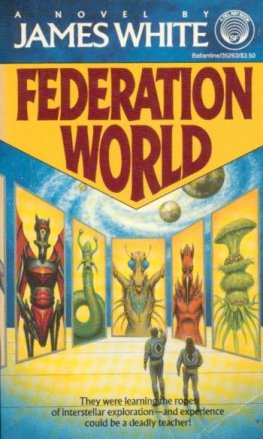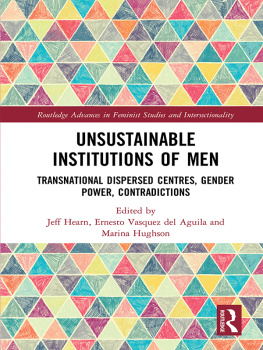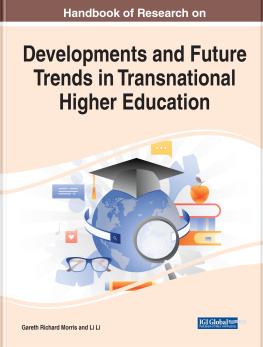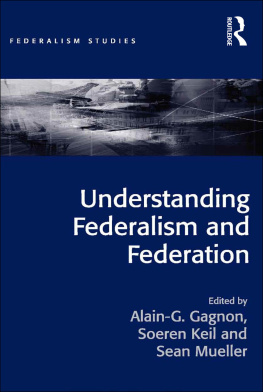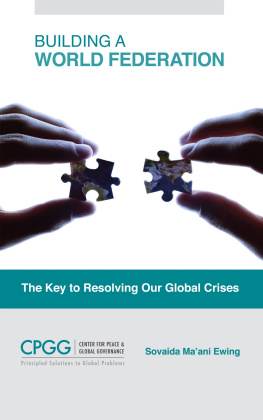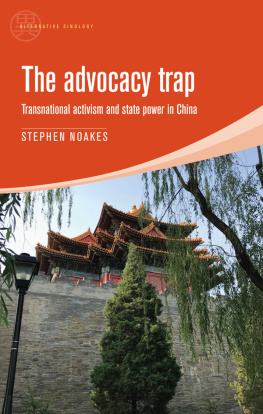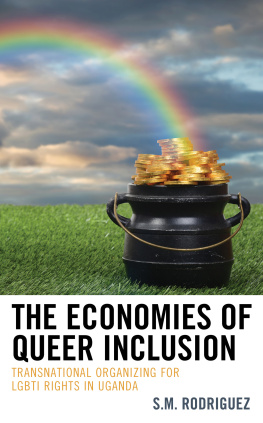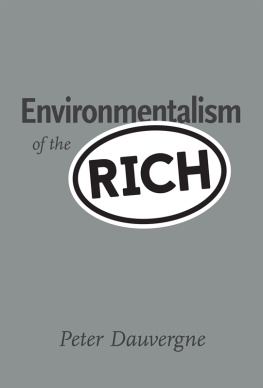
An Ethnography of Global Environmentalism
Based on nine years of research, this is the first book to offer an in-depth ethnographic study of a transnational environmentalist federation and of activists work and life. The book presents an account of the daily life and the ethical strivings of environmental activist members of Friends of the Earth International (FoEI), exploring how a transnational federation is constituted and maintained, and how different people strive to work together in their hope of contributing to the creation of a better future for the globe. In the context of FoEI, a great diversity of environmentalisms from around the world are negotiated, discussed and evolve in relation to the experiences of the different cultures, ecosystems and human situations that the activists bring with them to the federation. Key to the global scope of this project is the analysis of FoEI experiments in models for intercultural and inclusive decision-making. The provisional results of FoEIs ongoing experiments in this area offer a glimpse of how different notions of the environment, and being an environmentalist, can come to work together without subsuming alterity.
Caroline Gatt is a Research Fellow in the Department of Anthropology at the University of Aberdeen. Her research interests include environmentalism, post-relativist approaches to human diversity, laboratory theatre and design anthropology.
Routledge Studies in Anthropology
www.routledge.com/Routledge-Studies-in-Anthropology/book-series/SE0724
38Toward an Anthropology of Ambient Sound
Edited by Christine Guillebaud
39On Knowing Humanity
Insights from Theology for Anthropology
Edited by Eloise Meneses and David Bronkema
40Everyday Faith in Sufi Senegal
Laura L. Cochrane
41Counterfeit Itineraries in the Global South
The Human Consequences of Piracy in China and Brazil
Rosana Pinheiro-Machado
42Meaning and Significance in Human Engagement
A Cognitive Approach to Culture
David B. Kronenfeld
43Distortion
Social Processes Beyond the Structured and Systemic
Edited by Nigel Rapport
44Critical Times in Greece
Anthropological Engagements with Contemporary Greece
Edited by Dimitris Dalakoglou and Georgos Agelopoulos
45An Ethnography of Global Environmentalism
Becoming Friends of the Earth
Caroline Gatt
An Ethnography of Global Environmentalism
Becoming Friends of the Earth
Caroline Gatt
First published 2018
by Routledge
711 Third Avenue, New York, NY 10017
and by Routledge
2 Park Square, Milton Park, Abingdon, Oxon, OX14 4RN
Routledge is an imprint of the Taylor & Francis Group, an informa business
2018 Taylor & Francis
The right of Caroline Gatt to be identified as author of this work has been asserted by her in accordance with sections 77 and 78 of the Copyright, Designs and Patents Act 1988.
All rights reserved. No part of this book may be reprinted or reproduced or utilised in any form or by any electronic, mechanical, or other means, now known or hereafter invented, including photocopying and recording, or in any information storage or retrieval system, without permission in writing from the publishers.
Trademark notice: Product or corporate names may be trademarks or registered trademarks, and are used only for identification and explanation without intent to infringe.
Library of Congress Cataloging-in-Publication Data
A catalog record for this book has been requested
ISBN: 978-0-415-71762-5 (hbk)
ISBN: 978-1-315-87121-9 (ebk)
Typeset in Sabon
by Apex CoVantage, LLC
In memory of Julian Manduca
One of the pioneers of the Maltese environmental movement, long time co-ordinator of Moviment ghall-Ambjent
Friends of the Earth (Malta).
To make this book possible so many people have been generous with their time, energy and trust. I would like to thank everyone who has contributed to this work along the way. In particular, I would like to thank my family, foremost my late parents who always encouraged curiosity, also my brother Michael who supported me throughout my research in more ways than can be mentioned. Heartfelt thanks are due to my cousin, Cathy Farrugia, for proofreading an earlier version of this manuscript at short notice, and for her uplifting comments.
I am indebted to all the Friends of the Earth activists whose unrelenting work, often with the smallest resources, is a labour of hope. Without their work and lives, not only would there have been no study but, I am certain, a different world altogether. In Malta, special thanks to Martin Galea de Giovanni, a dear friend, who trusted me and helped me, even during writing up when I disappeared for years at a time. In Brazil, I would like to thank Nely Blauth, who offered me the warmth of family and took care of me when I was ill. Thanks to Lucia Schild Ortiz, Kathia Vasconcellos and Daniele Sallaberry for making me feel at home in Porto Alegre and being enthusiastic about my research project. Special thanks to my flat mate Anne Wilson and my friends Carla Villanova and Elisangela Soldatelli for the many long conversations. In Amsterdam, Ann Doherty for welcoming me and championing my fieldwork in the IS, for offering me a home in my first month of fieldwork and for her feedback on the chapters in this book. Thanks to Mae Ocampo and Wieke Wagenar, who supported me and my work in the Secretariat, even when it was not clear to anybody what I was doing there. To Maria Enriqueta Homrich, from FoE Brazil, who helped me build trust with others at the FoE IS in Amsterdam. Debra Wilson, Sisi Nutt, Ana Santana and Ginting Longgena, thank you for your friendship and for sharing your thoughts as well as our experiences. Thanks to Tchitula Gisah and Elrieke Muller for giving me a home outside of the office of FoEI, and giving me something else to think and talk about apart from FoEIprobably to the benefit of those around me. Some names and identifying details have been changed to protect the privacy of individuals.
At the Department of Anthropology in Aberdeen, where the project started, I would especially like to thank Tim Ingold, Arnar Arnason, David Anderson and Andrew Whitehouse. Throughout the process of the research they have given me inspiration, clear guidance and endless patience in working through my drafts. I would also like to thank Nancy Wachowich, Alison Brown, Amber Lincoln, Sophie Elixhauser, Peter Loovers and Irena Connon for the rich exchanges about our work, and James Leach for the hours of truly exciting discussions in our exploration of Design Anthropology.
I would like to thank Joo Pina Cabral and Thomas Hylland Erikson, the participants and the organisers of the Scottish Training in Anthropological Research Courses of 2008 and 2009. Many thanks to Thomas Latour, Neil Washbourne, Cristina Adams, Mark Anthony Falzon, Amiria Salmond, Martin Holbraad, Johan Rasanayagan, Paul Clough, Paul Sant Cassia, David Zammit, Elise Pisani, the late Jeremy Boissevain, Jonas Tinius, Brian Doherty, Rolland Munro and Nayanika Mathur. Thanks to Arturo Escobar for his encouragement in developing this work into a book. Jon Mair and Liana Chua, thanks for your encouragement, guidance and generous collegiality, I treasure it. I would also like to thank Matei Candea who provided guidance and mentorship while I was preparing the manuscript.



